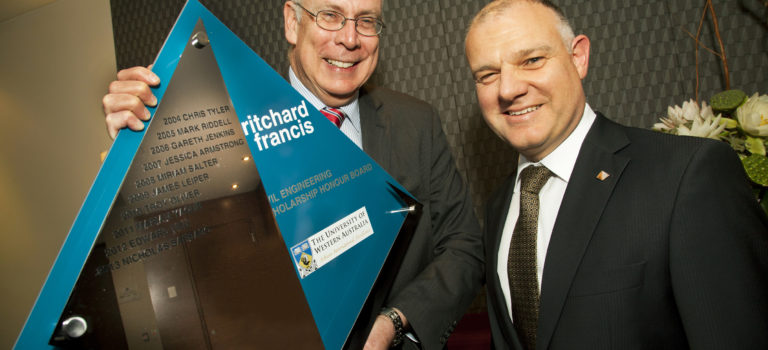There will always be expert analysis, opinions and dialogue regarding leadership. What characterises it, can we teach it, how do we assess one’s competency…the list goes on and on. To all of these questions, one should ask, “Is it really that complicated and are we looking and thinking too deeply?”
As with most engineering and life problems, the best solutions are often the obvious ones. So, what defines a good leader? Is it skills or qualities? I believe leadership qualities and leadership skills are fundamentally different, and there are sound reasons for this.
What defines a good leader? Is it skills or qualities?
In my opinion, leadership qualities are less tangible but inherently more obvious and easier to identify in someone, whereas skills are easier to define but quite often harder to assess. Qualities are generally common between individual leaders whilst their skills can vary enormously. It is this variation in skillset that defines the type of leader, not whether one is or isn’t.
A great deal of the literature written regarding leadership centres around identifying, assessing and evaluating the skills required. However, this focus can often lead to over-complication and more importantly, distraction from the most important issue i.e. the person’s qualities as a leader. In relation to someone being a true leader, I believe the qualities are mandatory, the skills are optional.
Within any organisation, true leaders will always stand out. What is even more profound is that their qualities can usually be easily identified at a relatively young age, early in their career. These qualities strengthen with time and they mature and evolve at a rate commensurate with the opportunities provided.
A critical component of any successful business is the development of them. Too often, I believe, companies assess individuals with leadership aspirations based on skills rather than qualities. Even more concerning is those with a strong skillset may be granted the privilege of leadership over those who have the inherent qualities.
Too often, I believe, companies assess individuals with leadership aspirations based on skills rather than qualities.
For me the approach is simple. Identify those within the organisation who show strong leadership qualities and then build their skills to make them more effective. Many would argue this approach carries risk, based on it primarily being an intuitive decision rather than analytical. I would argue not, due to these leadership qualities being generally easy to identify. In other words, choose the standout individuals with natural talent. Make the obvious decision and don’t over-complicate it.
Once the “easy” decision is made, then the hard work begins. Allow individuals exposure to situations that will develop their skills, whilst providing them with mentoring and guidance. Most importantly, and because of their own unique skillset, allow them to be their own type of leader.




